Dive into the Power & Passion of ‘Tenor Madness
In the vast panorama of jazz, Sonny Rollins’ “Tenor…
Dexter Gordon‘s “Doin’ Alright” marked a turning point in the legendary tenor saxophonist’s career. Released in 1961, the album showcased Gordon’s remarkable return to form after a decade marred by personal struggles. With a timeless sound, the record has earned its place in jazz history as a shining example of the hard bop genre.
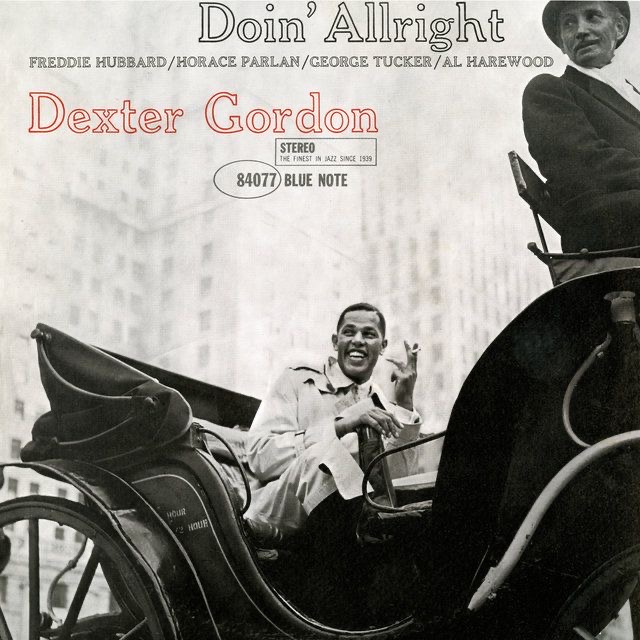
Recorded on May 6, 1961, “Doin’ Alright” was released under the prestigious Blue Note label, with the recording sessions taking place at the iconic Van Gelder Studio in Englewood Cliffs, New Jersey. The album captured the exceptional talents of five musicians, each bringing their unique voice and skill to the project.
Dexter Gordon, a towering figure in the jazz world, had already earned acclaim for his work with Lionel Hampton and Billy Eckstine, among others. Before “Doin’ Alright,” Gordon had retreated from the limelight, battling addiction and personal demons. This recording marked not only his comeback but also a new chapter in his storied career.
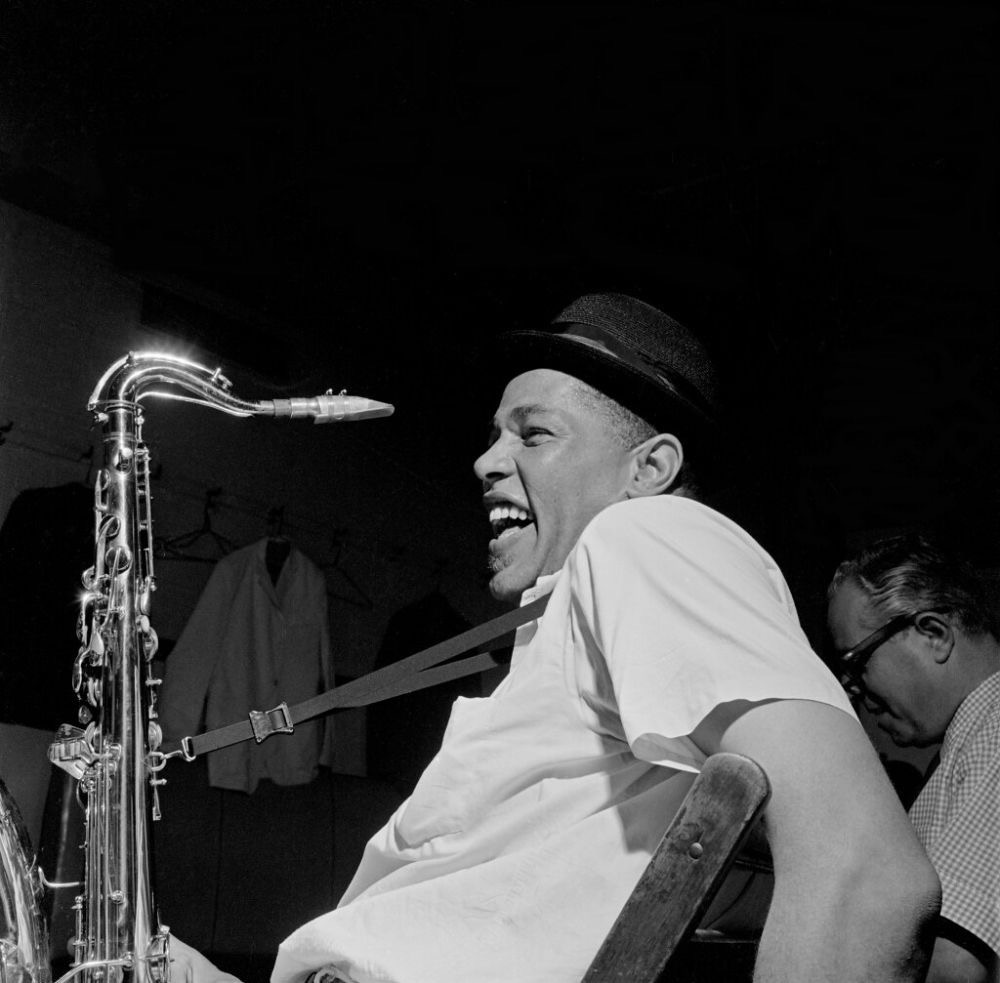
Freddie Hubbard, a trumpet virtuoso, was quickly making a name for himself in the jazz community. With a growing reputation for his work on landmark albums such as Ornette Coleman’s “Free Jazz” and Oliver Nelson’s “The Blues and the Abstract Truth,” Hubbard joined the “Doin’ Alright” sessions poised to make a significant contribution.
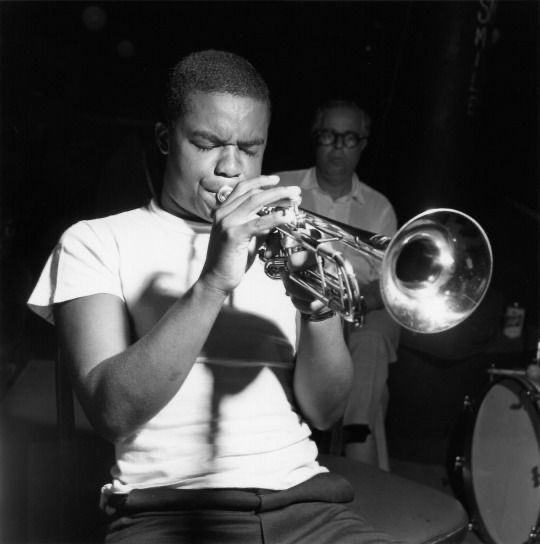
Horace Parlan, the pianist on the album, was an established artist in his own right. Overcoming a physical disability that affected his right hand, Parlan developed a distinctive style that had already graced albums by Lou Donaldson and Charles Mingus. His playing on “Doin’ Alright” further cemented his reputation as a gifted and innovative musician.
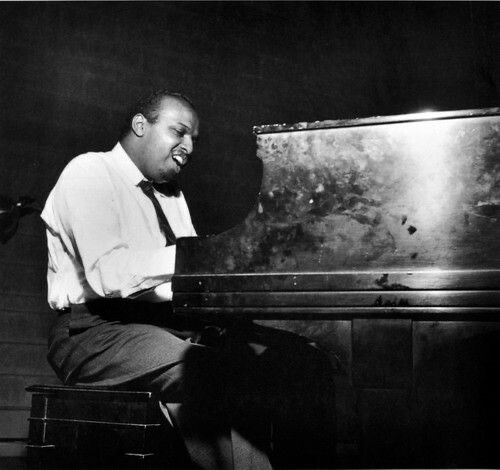
George Tucker, the bassist, had worked with a range of artists from Illinois Jacquet to Junior Mance. A versatile player with a keen ear for melody, Tucker brought a solid foundation to the “Doin’ Alright” sessions.
Al Harewood, the drummer, had a knack for providing tasteful, unobtrusive support to the musicians around him. His subtle, swinging style was a perfect match for the album, helping to tie the group together.
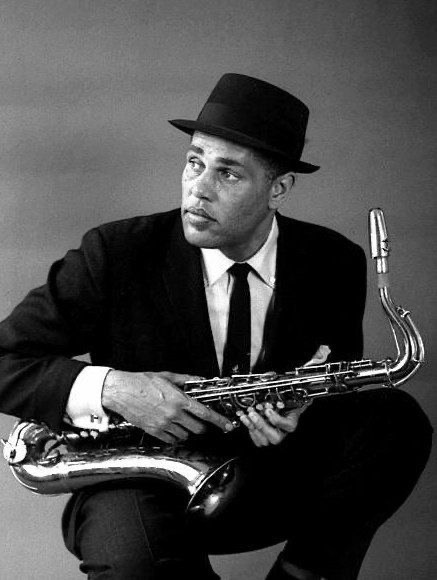
“Doin’ Alright” features six tracks, including two memorable originals by Gordon. “I Was Doing All Right,” the opening number, is a Gershwin classic reimagined in Gordon’s signature style. Dexter’s solo on this track is filled with warmth and nuance, while Hubbard’s trumpet offers a brighter, more aggressive foil. Parlan’s piano playing is exploratory, providing a satisfying contrast to the other solos.
The melancholic “You’ve Changed” highlights Gordon’s ability to convey deep emotion through his horn. His playing is tender and introspective, with Hubbard’s trumpet adding a complementary layer of poignancy. Parlan’s piano accompaniment, meanwhile, adds a touch of abstraction, enriching the song’s harmonic palette.
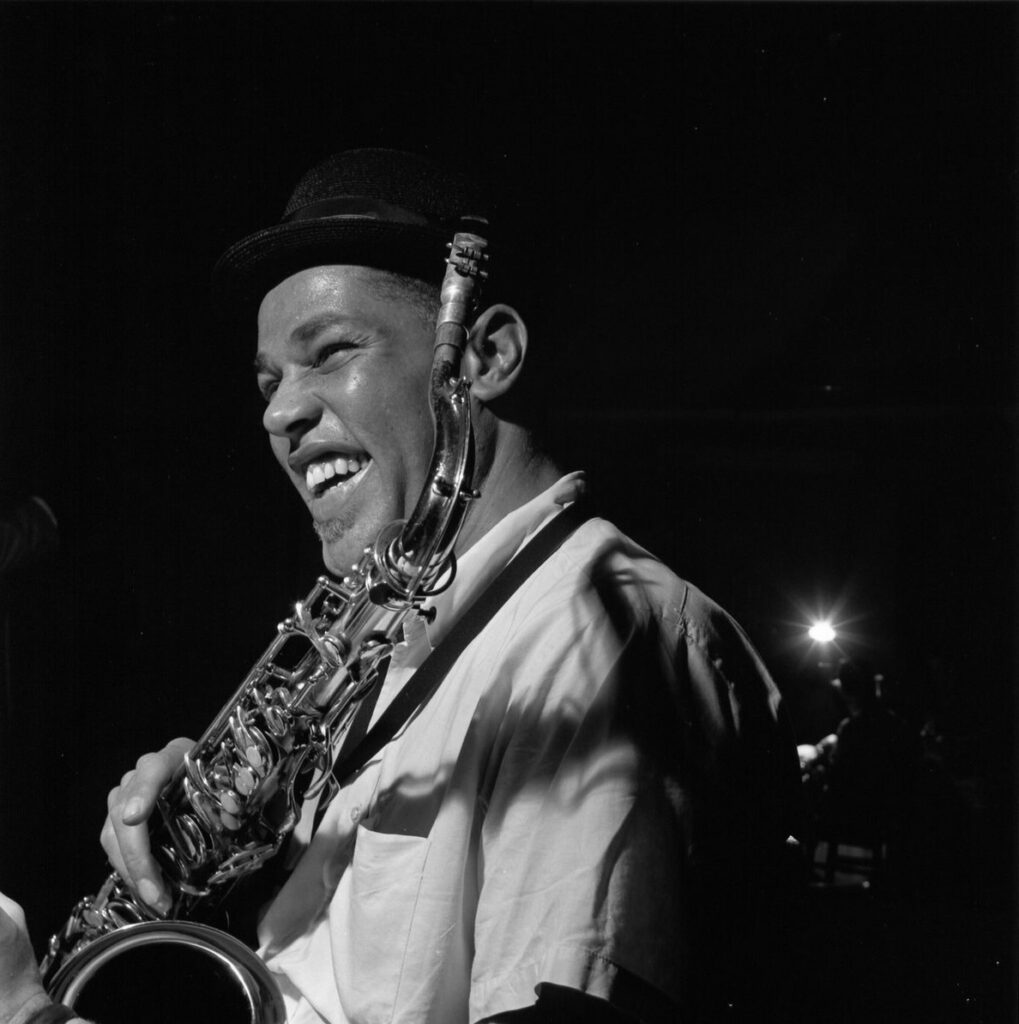
“Society Red,” a 12-minute blues odyssey, stands out as a personal favorite. Gordon’s solo is a masterclass in storytelling, effortlessly weaving together bluesy phrases and intricate melodies. Hubbard’s performance is equally impressive, blending seamlessly with Parlan’s ragtime-inflected piano and Tucker’s inventive bass solo.
Finally, “It’s You or No One” closes the album with a thrilling, high-energy performance. Gordon’s solo showcases his technical prowess and versatility, with Hubbard matching him in intensity. Parlan’s piano adds a cubist touch, while Harewood’s brief but powerful drum solo adds the finishing touch to this exhilarating piece.
The musical style of “Doin’ Alright” is quintessential hard bop, blending bebop’s complex harmonies and rhythms with the earthy, soulful roots of blues and gospel. The album is a perfect example of the genre’s interplay between tradition and innovation, as the musicians pay homage to the past while pushing the boundaries of jazz expression.
Upon its release, “Doin’ Alright” received widespread critical acclaim, with many lauding Gordon’s triumphant return to the jazz scene. The album’s impact was substantial, re-establishing Gordon as a leading voice in jazz and solidifying the reputations of his fellow musicians. It also contributed to the broader resurgence of interest in hard bop during the early 1960s, as jazz enthusiasts rediscovered the style’s emotional depth and rhythmic vitality.
Today, “Doin’ Alright” is considered a classic of the hard bop genre and a testament to Dexter Gordon’s resilience and enduring talent. The album’s continued significance is due in part to its timeless sound, which remains as fresh and engaging as it was in 1961. Additionally, the record serves as a touchstone for jazz musicians and fans alike, reminding us of the power of artistic expression to transcend personal adversity.
In conclusion, Dexter Gordon’s “Doin’ Alright” is a vibrant, captivating album that showcases the best of hard bop jazz. It tells the story of a group of exceptional musicians coming together to create something truly special, and of one man’s inspiring journey back to the forefront of his craft. More than six decades after its release, “Doin’ Alright” still resonates with listeners, offering a timeless testament to the transformative power of music.